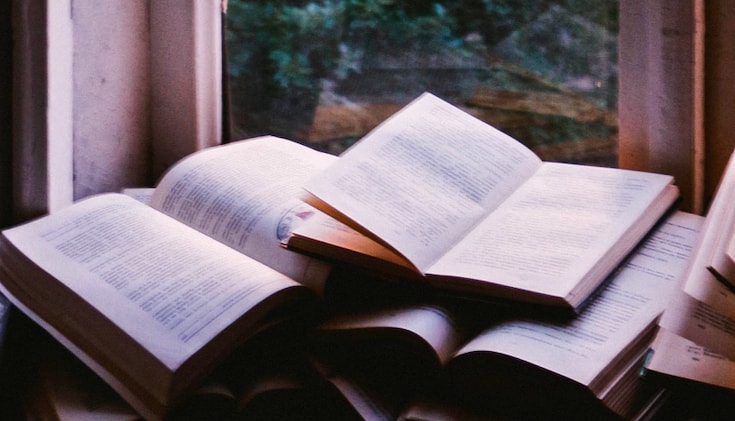Yo creo en la CURA de las personas GAY.
¿Sabes cuándo esa cura ocurre?
Cuando el padre pide que el hijo le dé un beso a su novio para sacarles una foto.
Cuando el nieto le pregunta a la abuela: “¿Que harías si trajese mi novio a tu casa?” Y ella responde: "Café”.
O cuando alguien pregunta: “¿Qué piensas de que un hombre se casa con otro hombre o si una mujer se casa con otra mujer?” Y le responden: “Que va a estar buena la pachanga”.
La cura ocurrirá por completo cuando la culpa inculcada desaparezca y el amor incondicional sea infinito.
Cuando el SER prevalezca sobre la sexualidad. Cuando la felicidad sea alcanzada sin miedo. Cuando sea posible ser feliz sin pensar en el “pecado”. Cuando prevalezca la tolerancia.
La cura vendrá cuando el peso de las críticas pueda ser finalmente retirado, cuando se acabe el sentimiento de ser un “extraño” en tu familia y en la sociedad, cuando todos amemos a todos y a todo por igual sin importar lo que son o prefieren ser, cuando no temas por ser asesinado por alguien que no entiende que tu también puedes ser libre, cuando el mundo aplique el sentido real de la palabra “RESPETO”.
De esa cura es de la que necesitamos todos.
Porque cuando aceptamos que el otro sea… simplemente sea, y lo dejamos SER de la manera que quiere SER, es el momento en el que el mundo se vuelve más fácil y más amoroso.
Así que ya sabemos la cura 😉💛💚💙🧡🧡💜
